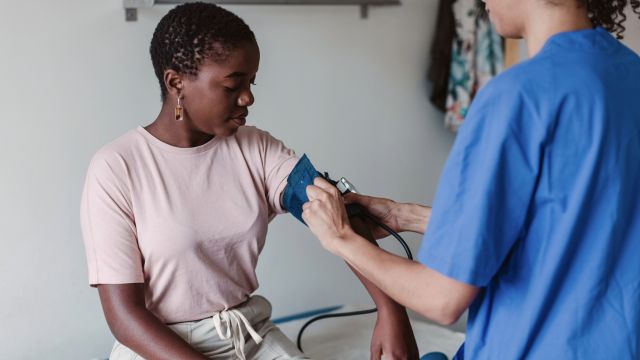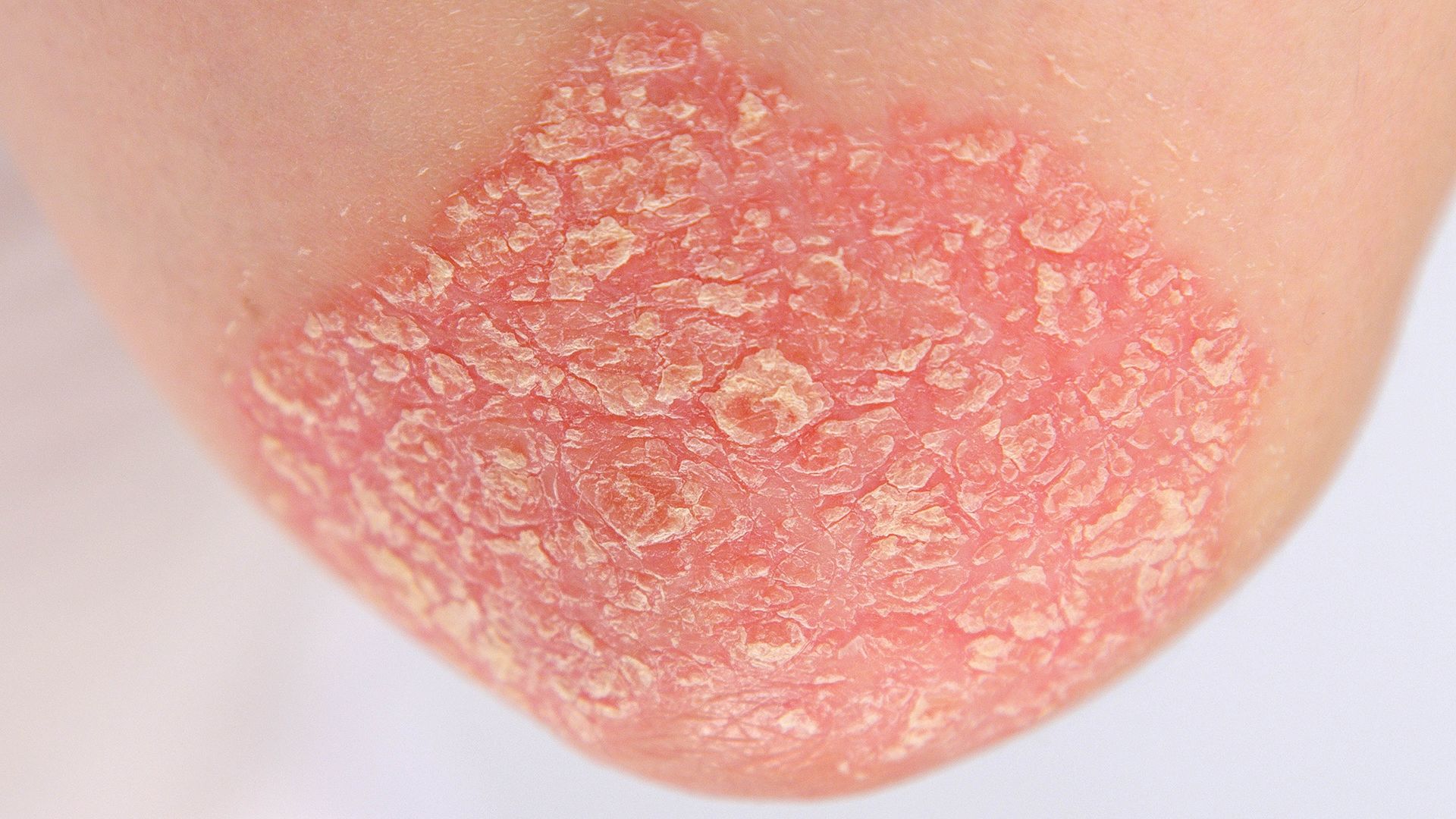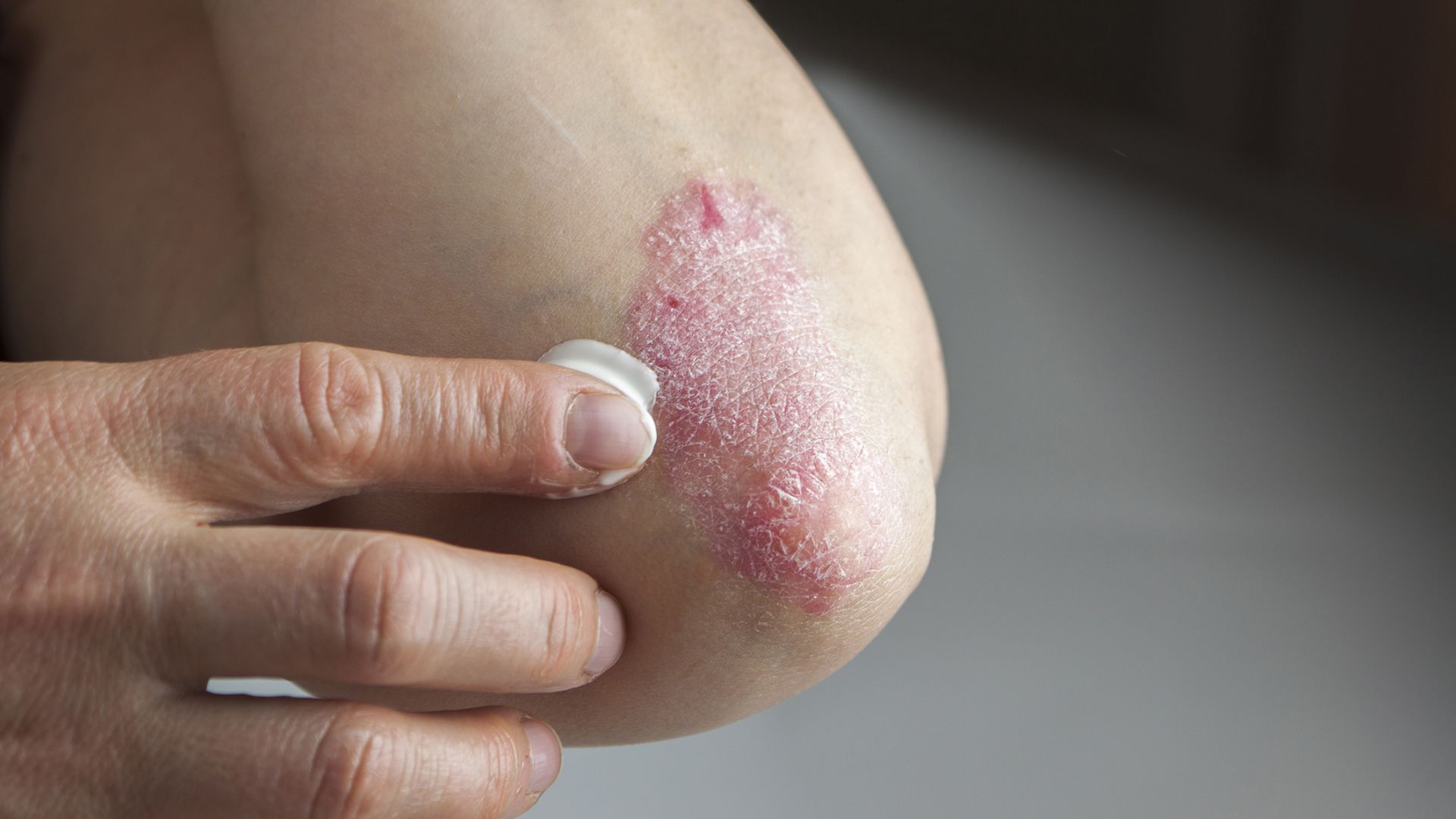Psoriasis is a chronic inflammatory disorder that causes skin lesions. Most frequently, these skin lesions take the form of plaques—thickened, reddened, patches of skin covered in silvery scales. This type of psoriasis is called plaque psoriasis.
Though the most noticeable symptoms of psoriasis affect the skin, psoriasis is much more than a skin disorder. Here, we present a few different ways to think about psoriasis.
A disorder of the immune system
Psoriasis is sometimes described as an autoimmune disease because disease activity begins in the immune system—though a more accurate description would be an immune-mediated disease:
- An autoimmune disease occurs when the body’s natural defense system is unable to differentiate between your body’s cells and foreign cells—and ends up attacking both.
- An immune-mediated disease occurs when the immune system overreacts or underreacts, behaving in an abnormal way.
An inflammatory disorder
Under normal circumstances, inflammation is the immune system’s natural defense mechanism against injury and infection—it’s your immune system flooding an area of the body with white blood cells that break down and remove damaged and infected cells and trigger healing.
There is also chronic inflammation, which is recurring or ongoing inflammation that lasts a long time. People who have psoriasis experience chronic inflammation in the skin. They also experience what is called “systemic inflammation,” or inflammation that occurs throughout the body. Systemic inflammation is believed to be the reason that people with psoriasis are at risk for certain other health conditions.
A comorbid condition
Comorbidity refers to more than one condition occurring in the same person, which describes the experience for many people with psoriasis.
Psoriasis often occurs alongside other health conditions. These include other inflammatory conditions like psoriatic arthritis and inflammatory bowel disease. It also includes conditions like type 2 diabetes and cardiovascular disease—conditions that are somewhat preventable but are more prevalent among people with psoriasis. It also includes mental health conditions, like anxiety and depression.
These are just examples, and there are many others. Always share any new symptom or changes in symptoms with your healthcare providers, even if you don’t think they are related to psoriasis.
While different conditions require working with different healthcare providers with different specialties, treatment often works best when all your healthcare providers are able to coordinate and communicate with one another.
A chronic condition
A chronic condition refers to any condition that lasts a long time. The specific definition of “a long time” varies from one condition to the next. With psoriasis, chronic means lifelong, because there is no known cure, and because psoriasis requires ongoing management.
While psoriasis is a life-long condition, with the right treatment psoriasis can go into remission, sometimes for long periods of time. Remission means a period of time with clear skin and no symptoms.
A treatable condition
If you have psoriasis, you have many different treatment options. Treatment will depend on the severity of symptoms, and it’s common to try several approaches to treatment before finding one that works best. Treatment options for psoriasis include:
- Topical therapy. Creams and ointments such as corticosteroids, retinoids (vitamin D), or anthralin reduce inflammation and work to slow the production of skin cells.
- Light therapy. Sunlight, UV broadband or narrowband, and PUVA light penetrate the skin and help slow the growth of skin cells.
- Systemic treatments. These are medications that control inflammation throughout the body. Drugs that suppress the immune system are one example. Biologic therapies are another. Biologic therapies act on specific immune cells or proteins to disrupt the disease cycle and control inflammation.
Along with medications and creams, it is important to maintain a healthy lifestyle. Avoid drinking alcohol and smoking cigarettes, exercise regularly, get enough sleep, and eat a healthy, balanced diet. This can help increase the effectiveness of medications and reduce flare-ups.
There is no best treatment for psoriasis, only the best treatment for a particular person at a particular time. Your treatment plan may change over time for any number of reasons—to control a flare, keep symptoms in remission, or because a newer medication option may have become available.






